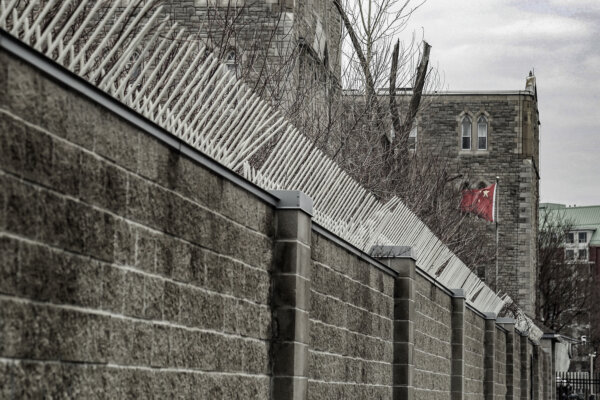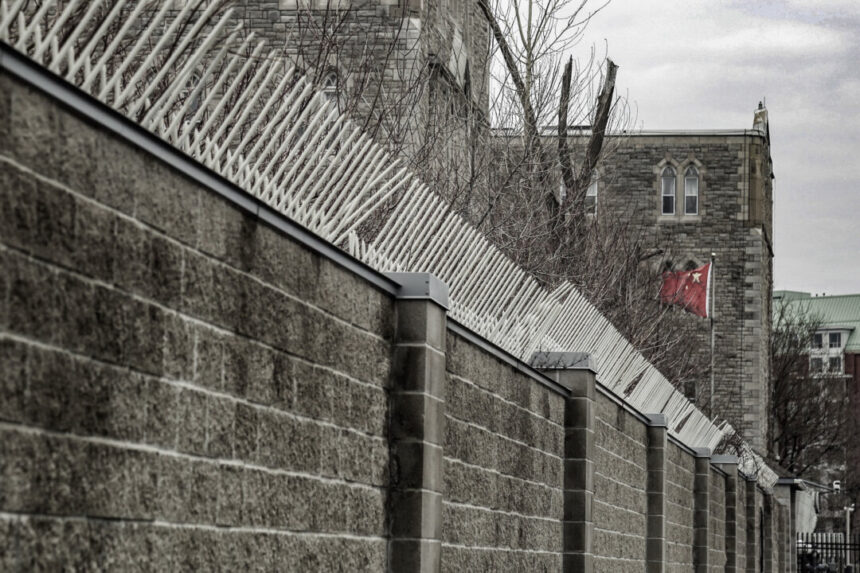
Picture this scenario: It’s the dead of night, and you’re struggling to fall asleep. The unsettling feeling that someone is watching you won’t go away. Just the other day, you criticized the Chinese Communist Party (CCP), and now you’re facing the repercussions. Threats, both subtle and direct, have been coming your way. As you finally drift off to sleep, the phone rings. Is it an agent of the CCP? Are they coming for you or your family?
Many Chinese Canadians are currently experiencing situations like this, shockingly right here on Canadian soil.
This issue is detailed in the recent report from SecondStreet.org, titled “Investigating the Chinese Government’s Harassment of Chinese-Canadians.” By connecting with cultural and religious groups, as well as outspoken members of Canada’s Chinese community, we uncovered 26 stories of Chinese Canadians (including those from Hong Kong) who bravely shared their experiences of being targeted by the CCP.
Their accounts speak volumes, so let’s delve into a few of them.
A common theme among the survey responses is the CCP’s preference for using threatening phone calls and various forms of digital harassment to intimidate their targets. For example:
“On January 11, 2015, my computer system suffered a cyber attack originating from China, Hunan province, causing it to crash.”
“After expressing my support for Hong Kong in 2018 on WeChat, my account, the primary app used by most Chinese individuals, was shadow-banned. Whenever I post in a group, individuals with Chinese phone numbers are unable to see my content.”
In this digital age, such tactics are deeply concerning, but the harassment doesn’t stop there. Several respondents mentioned being targeted in person.
“A Chinese individual took a photo of me in Calgary’s China Town, leading to me being followed, monitored, and eavesdropped on by different individuals at various locations such as my home, bus stations, and parking spots,” one respondent shared.
“During a forum on live organ harvesting, my car’s tires were punctured four times in a month, the last time with a knife. Additionally, there were physical threats and actions,” recounted another.
One respondent returned home to a chilling scene they believed to be a subtle threat from the CCP.
“Upon arriving home one day, I discovered a large branch from my house plant had been cut off and placed on the kitchen counter alongside a knife.”
Perhaps the most disturbing tactic uncovered in this research is the CCP’s willingness to target family members and friends of Chinese-Canadians still residing in China.
“My relatives have asked me to refrain from contacting them out of fear that they are being monitored by the police and could get into trouble. Furthermore, my parents have urged me to avoid discussing anything related to the CCP, Chinese leaders, politics, COVID, vaccines, etc., to prevent their pensions from being halted.”
“My family in China has also faced harassment, being coerced into signing a pledge that their properties will be confiscated if I engage in any activities overseas that the CCP disapproves of.”
These actions are unacceptable in a developed Western democracy like Canada. Throughout history, the CCP has been known for its brutality and disregard for human rights—Mao’s Great Leap Forward stands as one of the worst genocides in history. While the modern CCP has made economic strides, the preservation of life and liberty is not a priority, evident in atrocities like the Uyghur genocide, the social credit system, and the constant surveillance of citizens.
It’s no surprise that a regime like this seeks to extend its reach globally and keep a watchful eye on its former citizens. Those who dare to speak out or hold beliefs contrary to the CCP’s doctrine may find themselves in the crosshairs.
However, Canada can take measures to protect its populace. The federal government is considering the establishment of a foreign agent registry, a promising step, but raising awareness about this issue is also crucial. The courageous individuals who shared their stories in our survey have done their part, despite potential fears of further targeting. Shedding light on narratives like theirs can help policymakers recognize the severity of this problem and motivate them to take decisive action.
If we wish to prevent communist-style surveillance and harassment from infiltrating our nation, it’s the least we can do.
Dom Lucyk serves as the Communications Director for SecondStreet.org, a Canadian think tank.





